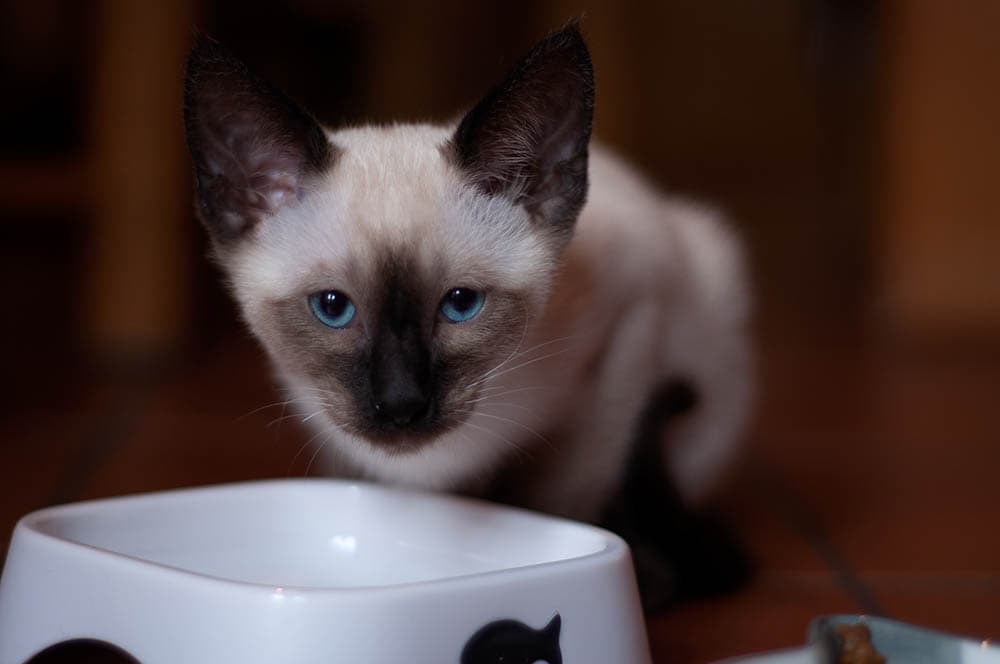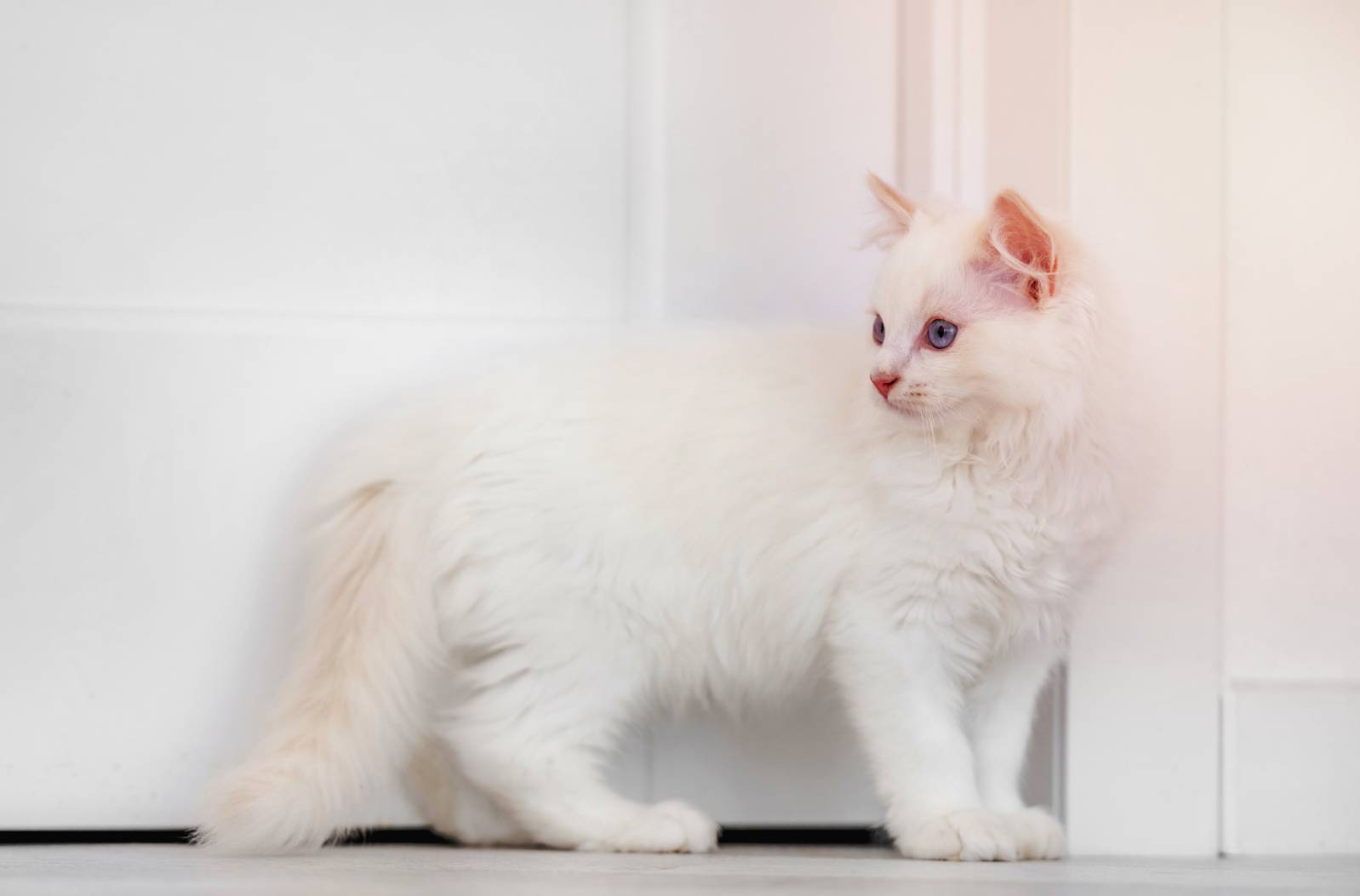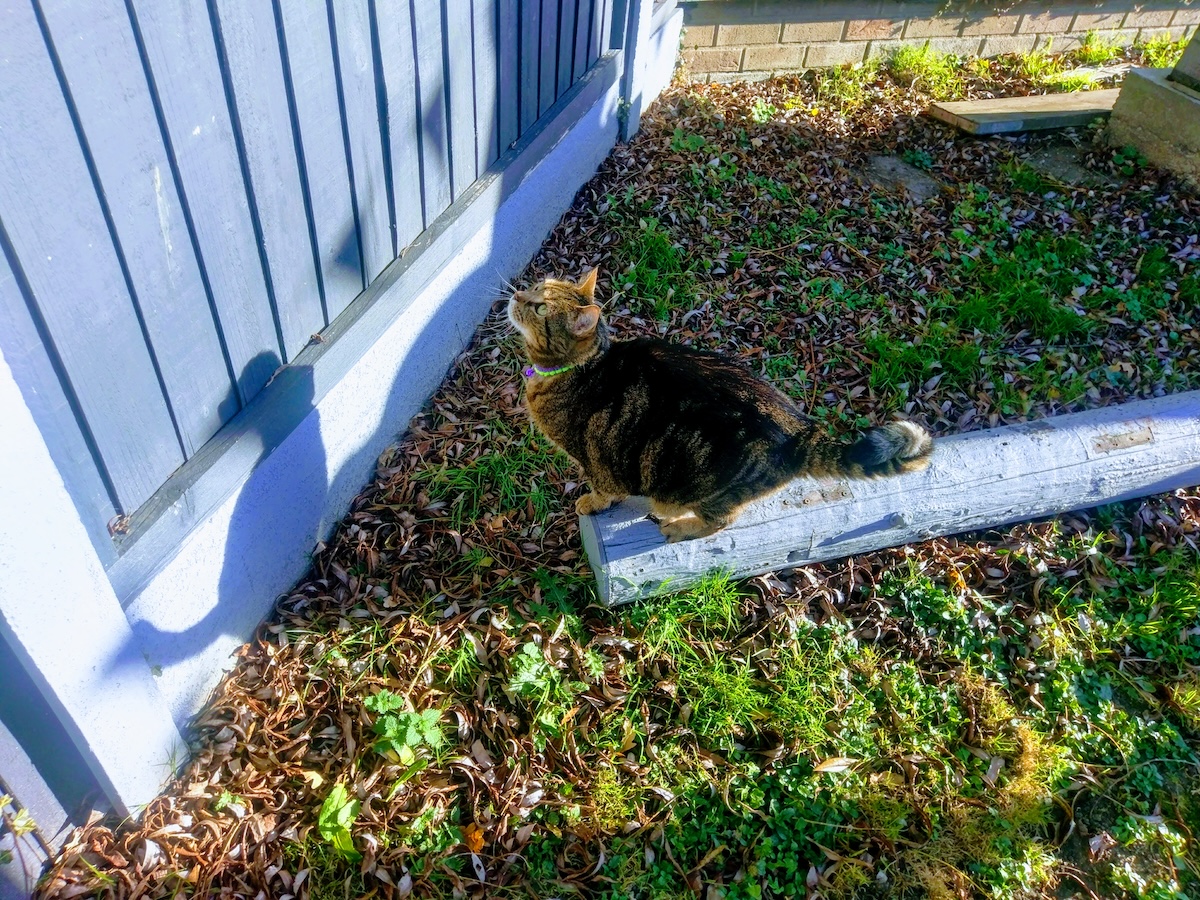Excited Cats advocates for adopting before shopping, though we fully understand there are many reasons for seeking a breeder. So, we encourage it to be done the right way. We have not personally visited or investigated all of the breeders below. We have put the top-recommended all in one place for you to get in touch and make the best decision for you. Learn more about our stance and how to choose the right breeder here.
The Siamese is one of the most famous cat breeds in the world. They’re adorable and affectionate but not always easy to come by. Finding reputable breeders in Minnesota is very challenging but still possible if you know where to look. We found one experienced breeder in the state, but you have other options.
Even if you aren’t able to buy a Siamese cat right away, there are plenty of breeders located in neighboring states. Wisconsin, Iowa, Michigan, and North and South Dakota may have better options if you can’t find what you’re looking for.
Siamese Kitten Breeder in Minnesota
1. Ceylon Eyes

The Ceylon Eyes cattery raises the rare Applehead Siamese kittens that so many people are trying to get their hands on. This site comes from one of the top Siamese cat breeders in the entire state. Their cats are purebred, TICA registered cats that are raised in their home and are never caged or confined. They spend their time socializing each cat with other house pets and humans until they are ready to move to their forever home.
The current waitlist is about nine months long, so try to put your name on the waiting list as soon as possible if you want to purchase one. Because there are so few Siamese breeders in Minnesota, we suggest trying to get on this waitlist if you can. After all, nine months isn’t all that long when you’re waiting for the cat of your dreams.
See Also:
- Siamese Kittens For Sale in New Jersey: Breeders List
- Siamese Kittens for Sale in South Carolina: Breeders List
Featured Photo Credit: AnnaPh, Shutterstock











